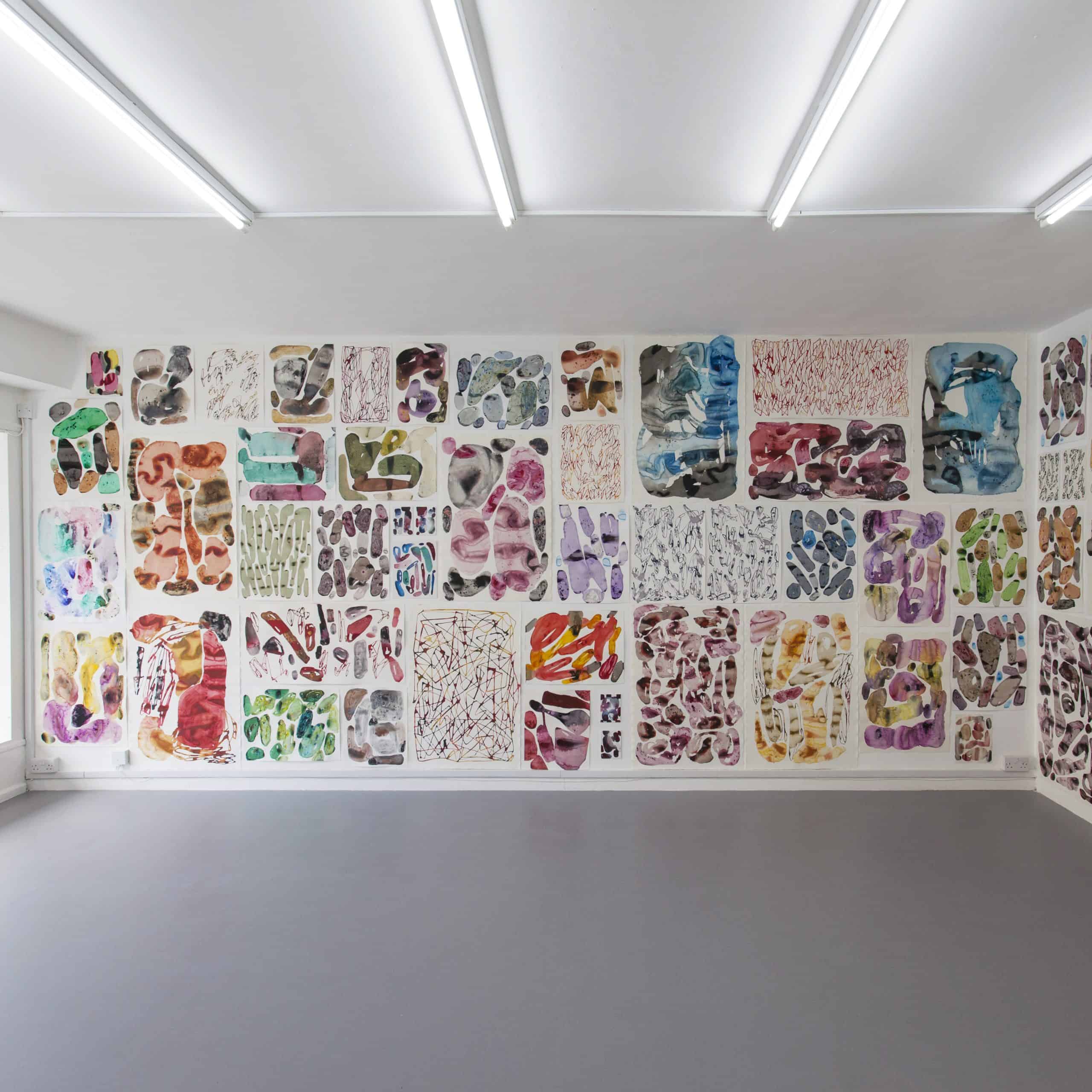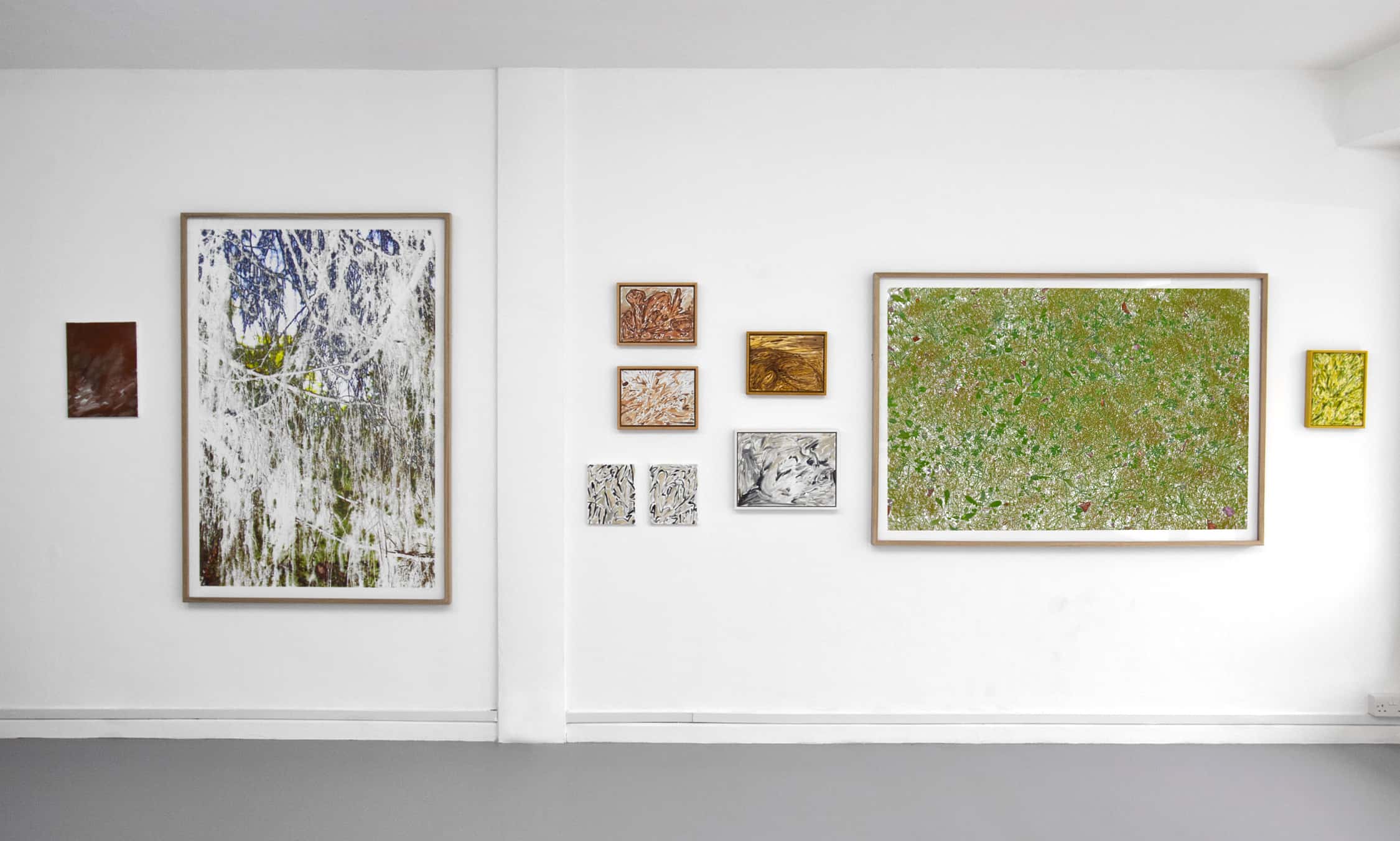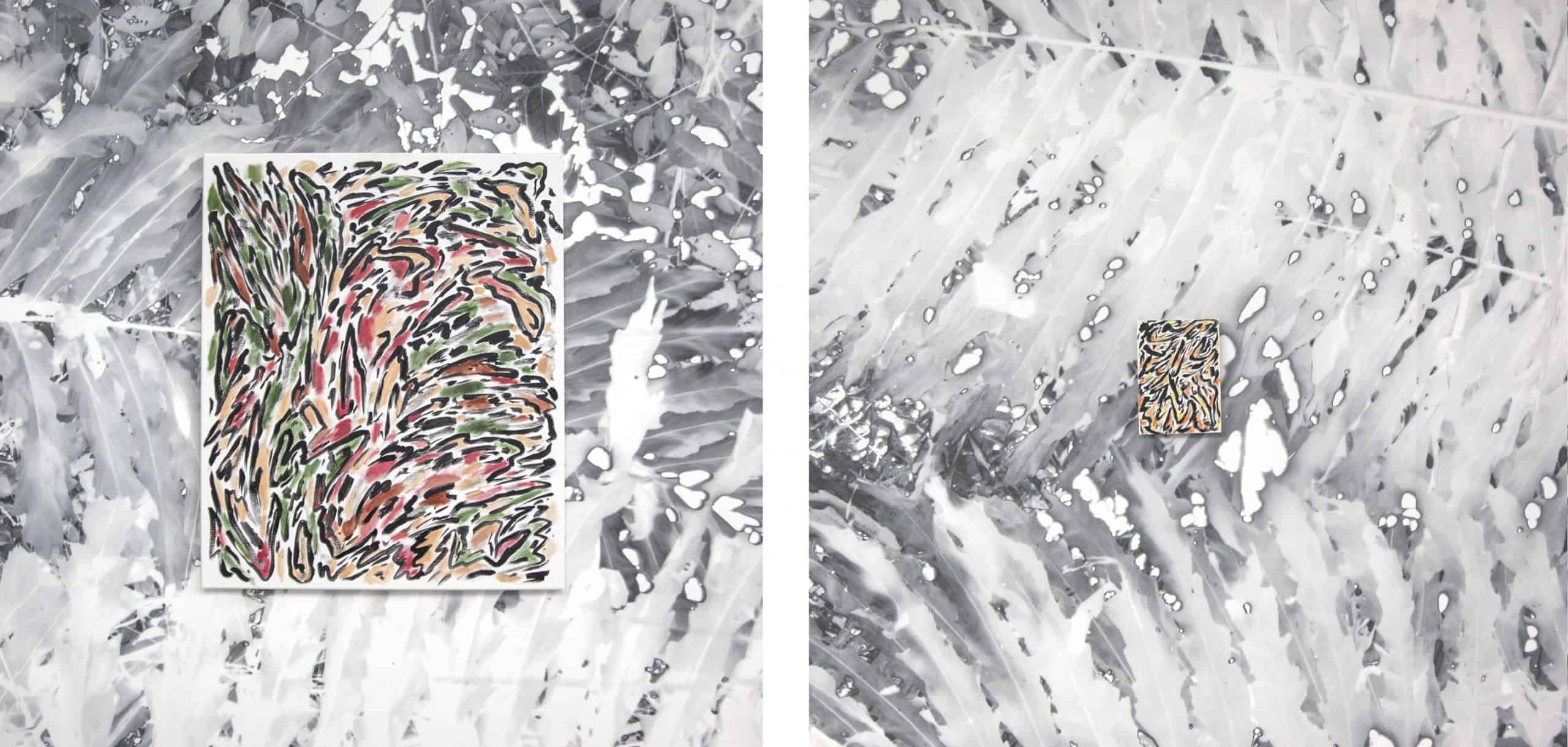In this series of interviews, we ask art professionals about their jobs and career after graduation. No matter where you live, to find a job after a humanities degree is not an easy thing. We try to find out what the term “perfect job” means to the people we talk to. This time we speak to Maciej Urbanek – Independent artist, owner and curator of URBANEK gallery, Photography Tutor at Royal Academy Schools in London. Prior to completing his postgraduate studies at the RA Schools, he studied Fine Art and History of Art at Goldsmiths College in London and Theory and Philosophy of Law at Adam Mickiewicz University in Poznan, Poland. Maciej was awarded the Royal Academy Gold Medal in 2010.
Since graduating from the RA Schools, Urbanek has been exhibiting internationally and working independently as an artist and curator. In 2015 he organised a critically acclaimed series of exhibitions entitled 10 One-Night Stands. The same year he received a prestigious ACE Award for Work of Art in Religious Context for his installation HS in St Michael’s Church in Camden, London. In December 2016 Maciej opened gallery URBANEK in South Dulwich.
Among Maciej’s tips for people that aspire to work in the art sector is acquired patience – according to him – the most important virtue that artists need to possess in order to calmly navigate through the turbulent waters of the contemporary art market.
Maciej Urbanek
Position: Independent artist, owner and curator of URBANEK gallery, Photography Tutor at Royal Academy Schools in London
City: London (UK), Phoenix (USA)
SK: What were your beginnings like?
MU: After completing a law degree at Adam Mickiewicz University in Poznan I sent a portfolio of my artworks to a couple of schools in London and I was offered a scholarship to study Fine Art and History of Art at Goldsmiths College. After that degree I got a place at Royal Academy Schools to study on their postgraduate program.
SK: What pushed you to become an artist?
MU: I have always been interested in art and it was just a case of recognising that I need to create art in order to be happy and fulfilled in my life. When I realised that fact there was no alternative, it’s a compulsion – all my life choices and decisions were directed towards making art my profession.

Maciej Urbanek, El Mismo Desierto (The Same Desert)
SK: How long have you been preparing for this job?
MU: I studied art for 6 years after which I started working as an independent artist. Becoming an artist is similar to starting a business – you learn on the job acting as an administrator, manufacturer, marketing person, secretary, delivery person, etc.
SK: How has your education prepared you for your career?
MU: My undergraduate program at Goldsmiths in Fine Art and History of Art was amazing – not only was it focused around a really intense studio practice but it also included broad conceptual aspects of critical theory, philosophy and history of visual culture. My postgraduate course in Royal Academy facilitated my growth and development as an artist and introduced me to the many practical sides of creating and maintaining an artistic practice. Both schools provided me with amazing opportunities to network and to meet many artists and become a part of a vibrant artistic community.
SK: What was the most important skill that let you to become an artist?
MU: Patience is probably the most important skill/virtue that artists need to possess in order to calmly navigate through the turbulent waters of the contemporary art market.
SK: What is the riskiest decision you had to take?
MU: The riskiest decision was probably the very first one to become an artist – it is a volatile and unpredictable profession.

Maciej Urbanek, Welter
SK: What has been the most difficult task you undertook so far?
MU: As I often make large-scale works I need a sizable space to work in. The most difficult task was to get such a large space in London. Rents are really expensive and artists are often forced to move elsewhere.
SK: What was your biggest setback, failure, or defeat?
MU: Even though I feel I would really benefit from an artist residency I never got any I applied for (I haven’t applied to many which might be a part of that problem…)
SK: What do you consider to be your biggest success?
MU: Being able to sustain my art practice and work exclusively as an artist; creating a gallery and being able to support other artists; receiving some art awards for my works
SK: What three tips would you give someone who wants to become artist or curator?
- Be patient
- Be honest
- Trust yourself

Maciej Urbanek, Lines-And Fields
SK: Are you satisfied with your current position? Would you like to change something in your current role?
MU: I work independently and I’m the master of my own time in my own art practice; I invite and support talented and interested artists to exhibit in my gallery which gives me a lot of satisfaction; in my teaching role I interact with a bunch of really engaged, amazing young artists which is highly rewarding. I consider myself lucky
SK: If not an artist, what would be your dream job?
MU: As I mentioned before I feel that once you realise that art is the only way forward there is no alternative.

Maciej Urbanek with Rachael Champion, 10 One Night Stands







